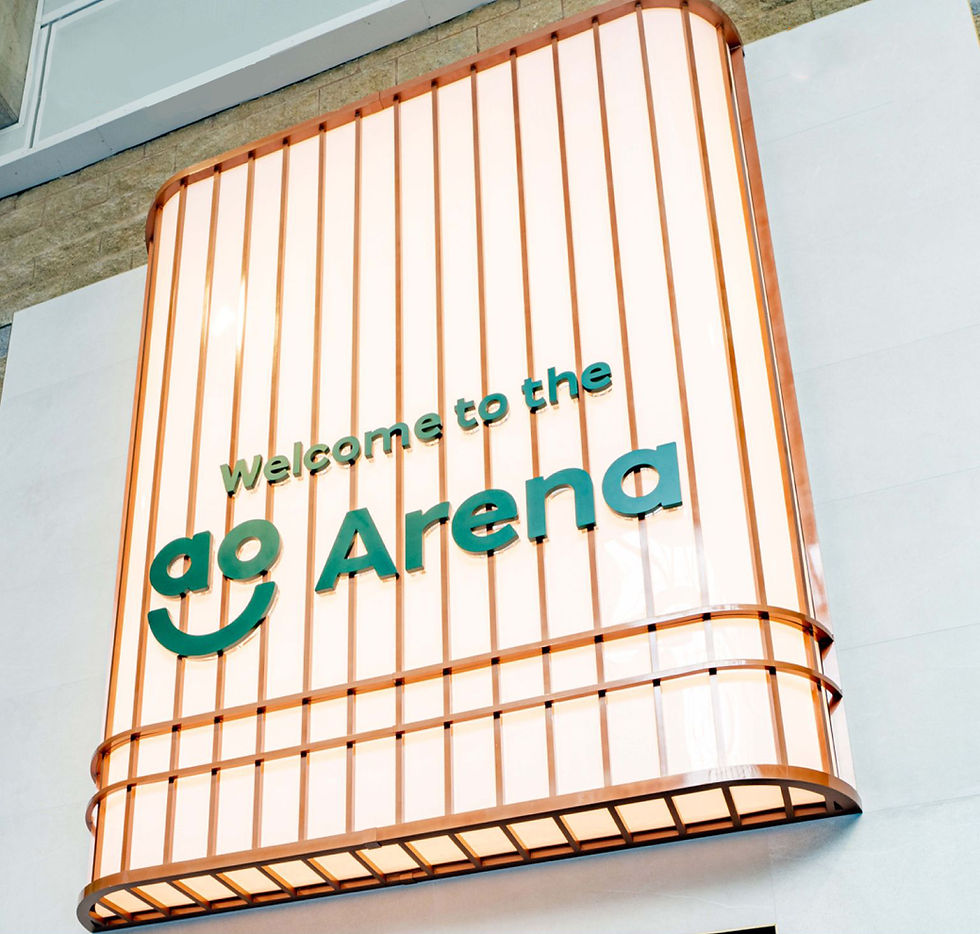BMA House Reduces Carbon Footprint by 69% and saves 5.4 million litres of water a year
- Adam Baggs
- Oct 22, 2019
- 3 min read
As part of an ongoing drive to maximise sustainability, BMA House has reduced its delegate carbon footprint by 69% over the last four years, whilst reducing water usage by 5.4 million litres per year.
Using Green Tourism to measure its carbon footprint on a per delegate basis BMA House has seen a reduction to 2.8kg per delegate from 9kg per delegate in 2014.
In addition, surveys, recommendations and subsequent work by Thames Water is estimated to save 5.4million litres of water per year.
Measures taken to achieve these figures include:
• As of February 2016, BMA House achieved zero-to-landfill status – all waste produced is either recycled or recovered. • Since January 2019 BMA House has recycled 46,760kg of waste and saved 140 trees. • As of March 2019, staff introduced a crisp packet recycling scheme where empty packets are collected, taken to a TerraCycle location and processed into plastic pellets to make new recycled products. • Upgraded PIR and LED based lighting around the building to reduce energy usage. • Digital way-finding signage to reduce the need for paper signs and wastage. • Water saving devices on toilets instead of standard flushes decrease wastewater. • Sustainable and locally sourced food ingredients deliver a host of sustainable and health benefits. • In-house caterers support fair trade tea and coffee growers. • On-site cycle racks for those travelling by bike as well as work with Cross River Partnership to promote a ‘Clean Air Walking Route’ from Kings Cross provide delegates with a ‘cleaner’ journey to BMA House. The route takes guests off the busy Euston Road on to backstreets where air pollution is 57% lower • The removal of all plastic takeaway cutlery and take away straws from food outlets and the introduction of ‘Keep Cups’ with a staff incentive to reuse them. • BMA House does not provide plastic water bottles in meetings and filter all water on-site into glass bottles. • Since introducing new reusable plastic food containers earlier this year, BMA House has reduced the need for disposable plastic food containers by 98%. • Working with organisations that support and promote sustainable events. BMA have for example partnered with consultant, Karen Sutton from the Global Good Awards, who advises event planners on how to put on a sustainable event.
“We are placing sustainability at the heart of everything we do here at BMA House. We believe it is the right thing to do, despite the challenges presented by a Grade II listed building dating back to 1911,” comments Kat Winfield, venue manager from BMA House. “Our success is down to hard work and commitment to support sustainable initiatives in every possible way. However, the most important factor in our success is that our team has taken these initiatives on board, undertaken training to be fully aware of what we are doing and wherever possible are encouraged to share our sustainability story with clients. The result is a list of incredible achievements and most recently a decision to sign up, via London & Partners, to the ‘Mayor’s 3 Commitments for Hospitality and Sustainability’ which aim for a zero carbon London by 2050, zero waste commitment, and best practice guidance for individuals.”
For further information on holding a sustainable event at BMA House, please contact the events team on 020 7874 7020 or visit http://www.bmahouse.org.uk/




Comments